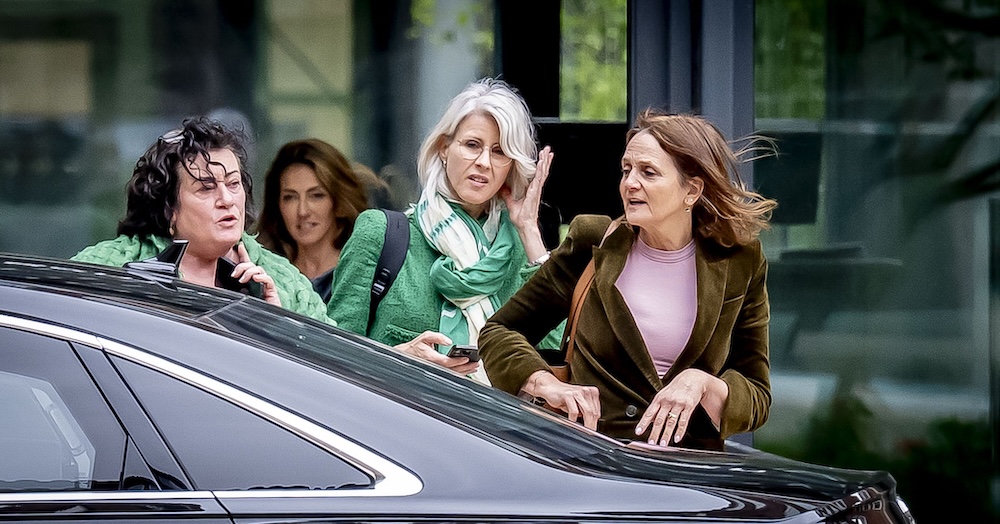Coalition parties bicker over asylum portfolio after PVV quits

The leaders of the three remaining parties in the coalition continued to bicker over the weekend about who should take which vacant ministerial job, following the decision by the far-right PVV to pull out of government.
The PVV had five ministers and four junior ministers whose positions now need to be filled until the general election on October 29, and then again until a new administration is formed and sworn in.
The main dispute centres on who should take over Marjolein Faber’s portfolio at the asylum and migration ministry, which was only established a year ago. Both the VVD and BBB want the post, which commentators say would allow them to present themselves as strict on immigration ahead of the national vote.
On Sunday, BBB leader Caroline van der Plas told television programme WNL op Zondag she had asked caretaker prime minister Dick Schoof to intervene. “I told him that there really is something at stake,” she said.
The BBB wants housing minister Mona Keijzer to take over the role, arguing that she is already involved in refugee issues because of the housing crisis. However, the VVD, the largest party in the remaining coalition, says the job should go to justice minister David van Weel.
Crisis, what crisis? Why do we have to wait five months to vote?
Immigration issues used to be part of the justice ministry, and Van Weel replaced Faber when she was unavailable.
Schoof has reportedly said that Van Weel should take the post and wants to close the discussion. Van der Plas has not said how she will respond if Van Weel proceeds to claim the role.
Meanwhile, the third party, NSC, appears to support the BBB, with party leader Nicolien van Vroonhoven writing on social media that the VVD “can tread water” for a while.
Two bills submitted to parliament by Faber will continue to progress through the parliamentary process ahead of the October vote.
One of the pieces of legislation aims to reduce the basic refugee residency permit from five to three years. The other introduces a two-tier status for refugees, which legal experts in particular fear will lead to appeals and further legal challenges.
Both bills have been criticised by legal experts and the Council of State, the government’s most senior advisory body.
Thank you for donating to DutchNews.nl.
We could not provide the Dutch News service, and keep it free of charge, without the generous support of our readers. Your donations allow us to report on issues you tell us matter, and provide you with a summary of the most important Dutch news each day.
Make a donation